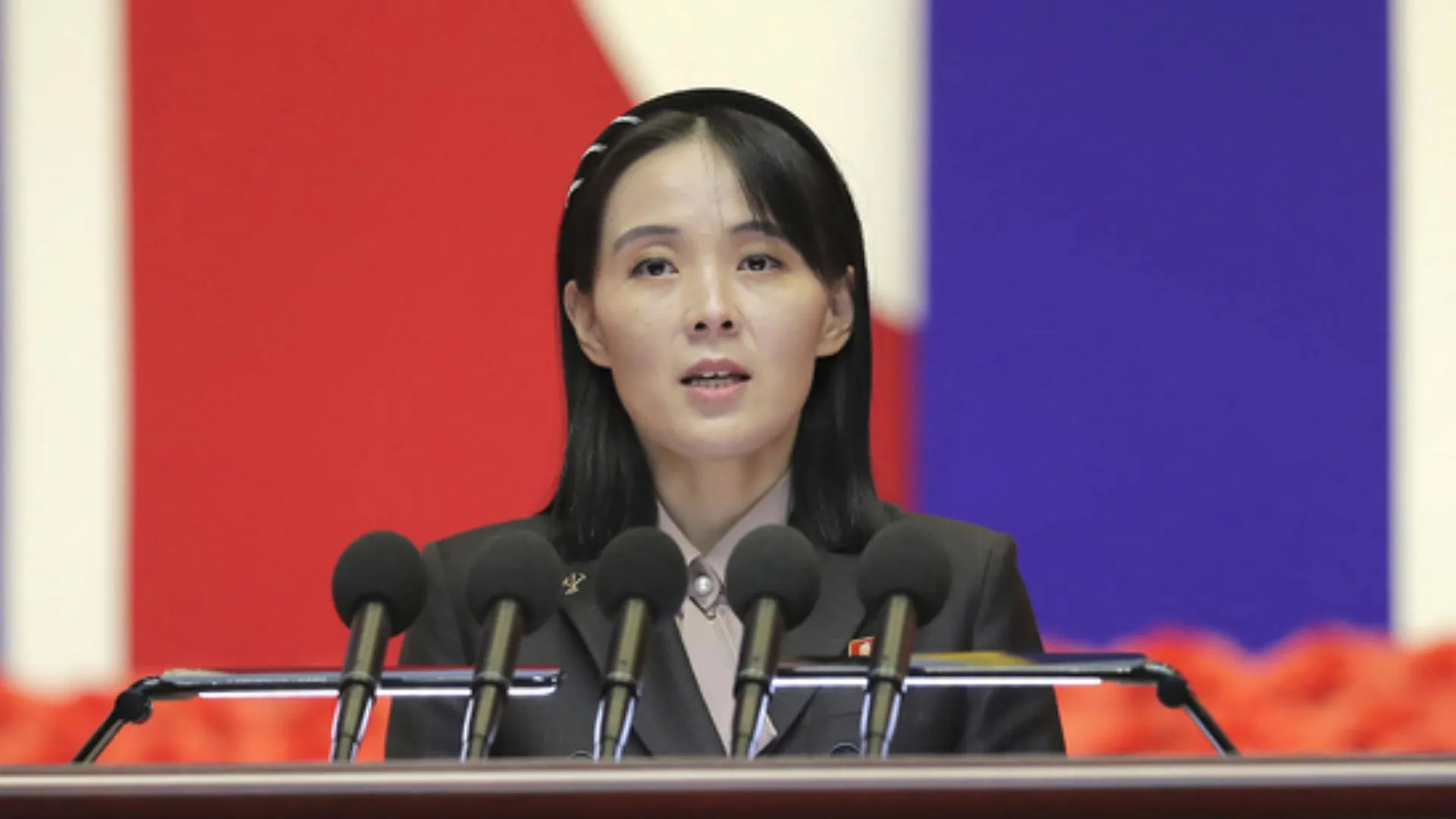The shortest workweek globally is offered by Vanuatu, averaging just 24.7 hours of work per week. On the other hand, SN Subrahmanyan, Chairman of Larsen & Toubro, or L&T, has put forth a most controversial 90-hour workweek that includes Sundays to keep abreast of the rest of the world. This proposal comes at a time when the negative effects of overwork have been in the spotlight, especially after the tragic death of 26-year-old EY employee Anna Sebastian Perayil, who reportedly died after succumbing to the pressures of long working hours just four months into her role.
Working hours are quite different around the world. Bhutan tops the list of countries, as the ILO says, with an average workweek of 54.4 hours, followed by the UAE at 50.9 hours and Lesotho at 50.4 hours.
Meanwhile, an outlier was presented by Vanuatu at an average workweek of just 24.7 hours, while a slight majority, that is, 96%, had a workforce operating less than 49 hours weekly, completely counter to the overall trend across the rest of the globe.
Top 10 countries with the least working hours in 2024
| Rank | Country | Average Hours/Week | % Working ≥ 49 Hours/Week |
| 1 | Vanuatu | 24.7 | 4% |
| 2 | Kiribati | 27.3 | 10% |
| 3 | Micronesia | 30.4 | 2% |
| 4 | Rwanda | 30.4 | 12% |
| 5 | Somalia | 31.4 | 10% |
| 6 | Netherlands | 31.6 | 6% |
| 7 | Iraq | 31.7 | 5% |
| 8 | Wallis & Futuna | 31.8 | 6% |
| 9 | Ethiopia | 31.9 | 15% |
| 10 | Canada | 32.1 | 9% |
Source: Wages and Working Time Statistics (COND) Database, ILOSTAT
The shortest workweeks besides Kiribati stood at 27.3, Micronesia 30.4 and the Netherlands at 31.6 hours; known also for the innovative work-life balance policies put in place across the world.
India, ranked 13th among the most overworked nations, has an average of 46.7 hours per week. More than 51% of Indian workers work more than 49 hours a week, and India is the second-highest globally for long working hours. A recent survey by MediBuddy and CII reveals that 62% of Indian employees suffer from burnout, a number three times the global average of 20%.
It further raises critical questions on productivity, health, and work-life balance. World Health Organisation studies and ILO findings indicate long working hours to be the top occupational risk factor that leads to severe health conditions and even untimely death. This also questions the commonly held notion of the longer being equal to more in terms of the number of hours spent at work.
Subrahmanyan’s proposal has sparked widespread criticism, drawing attention to the ongoing tension between economic growth ambitions and employee well-being.




















